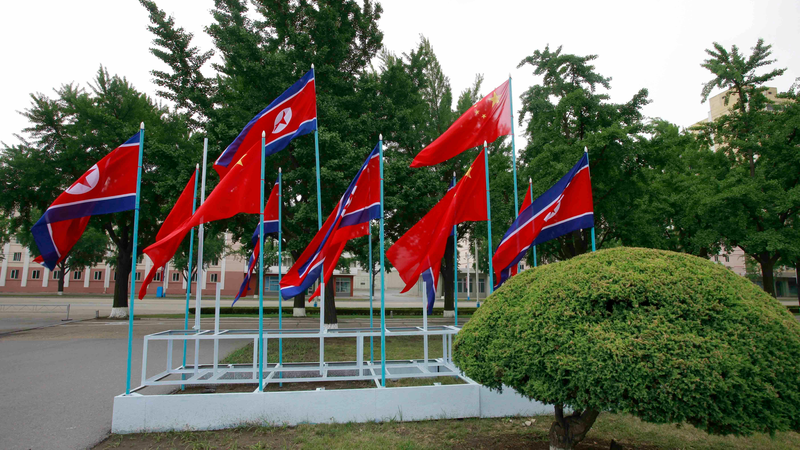Over the past weeks, China has significantly intensified its diplomatic engagement across the Korean Peninsula, positioning itself as an indispensable broker for regional stability.
In a high-profile visit from Thursday to Saturday, Chinese premier Li Qiang led a delegation to Pyongyang to participate in celebrations marking the 80th anniversary of the Workers’ Party of Korea (WPK). This trip follows DPRK leader Kim Jong Un’s recent trip to Beijing, where he joined commemorations for the 80th anniversary of the victory in the Chinese People’s War of Resistance against Japanese Aggression and the World Anti-Fascist War, and held substantive talks with President Xi Jinping.
According to the Chinese foreign ministry, Beijing aims to strengthen communication and deepen its strategic partnership with the DPRK. This was echoed during DPRK Foreign Minister Choe Son Hui’s four-day visit to China, where Pyongyang officials stressed that the "bonds of friendship" between the two nations "cannot be altered" and must evolve "in line with the demands of the times." Chinese Foreign Minister Wang Yi reaffirmed China’s strategic guideline of "maintaining, consolidating and developing bilateral relations."
Equally notable is the warming trajectory of China-ROK ties. Since his election in June, ROK President Lee Jae-myung has prioritized recalibrating relations with Beijing. In an October 7 phone call, Wang Yi and ROK Minister of Foreign Affairs Cho Hyun agreed to work toward a new turning point at the upcoming APEC Economic Leaders’ Meeting in Gyeongju.
With the ROK and China set to host the APEC Economic Leaders’ Meeting in 2024 and 2026 respectively, this diplomatic reset comes at a pivotal moment. The ROK foreign minister’s pledge that Seoul will spare no effort in developing relations with China signals a more balanced regional approach, with security, economic, and diplomatic dividends likely to ripple well beyond the peninsula.
As these back-to-back exchanges underscore, China is carving out a central role in shaping the peninsula’s future—a shift with potential implications for security and prosperity across East Asia.
Reference(s):
China increasingly indispensable in Korean Peninsula diplomacy
cgtn.com




